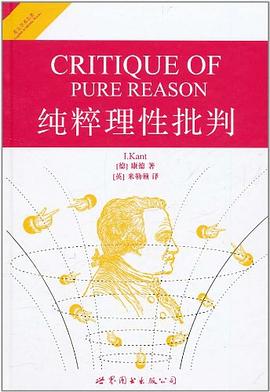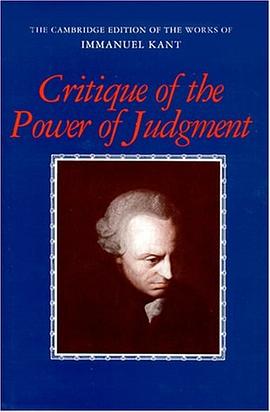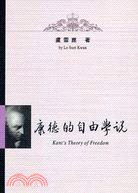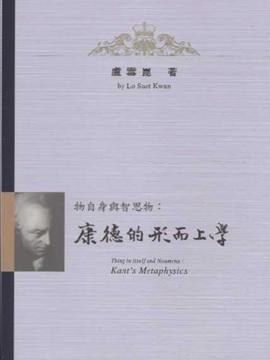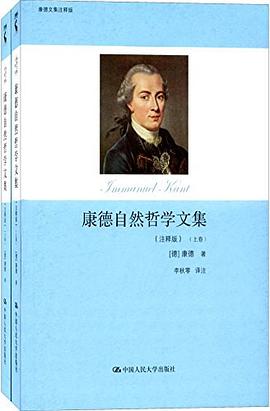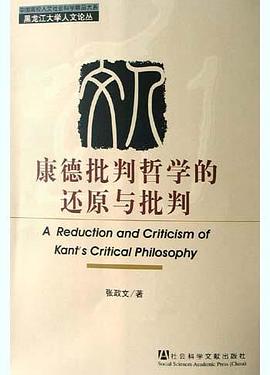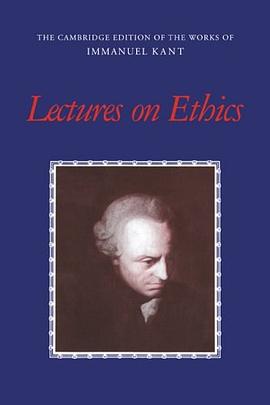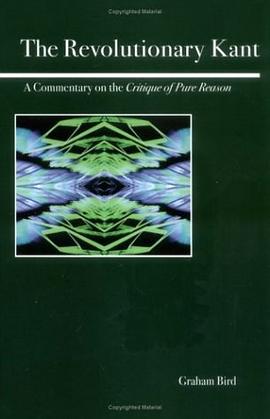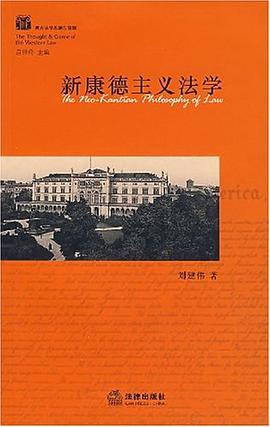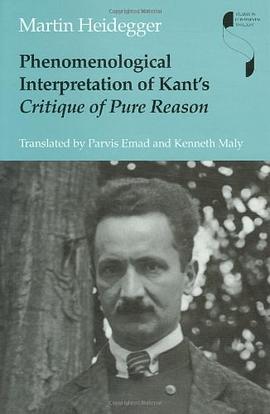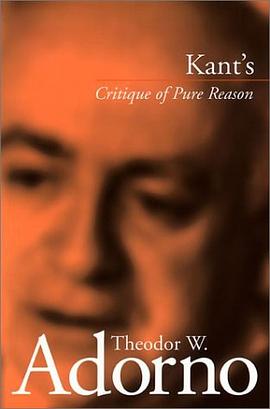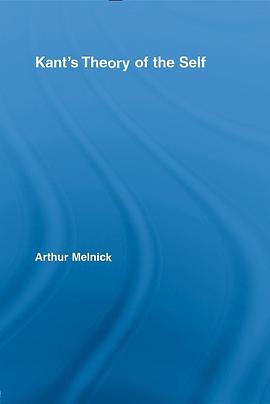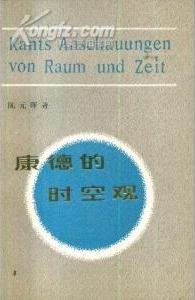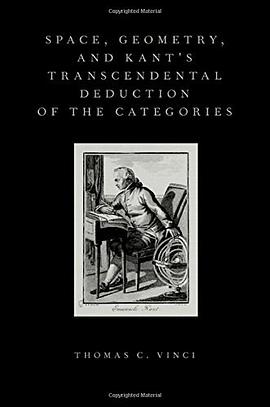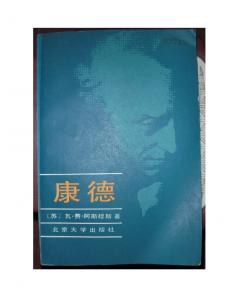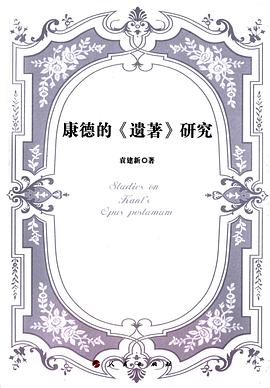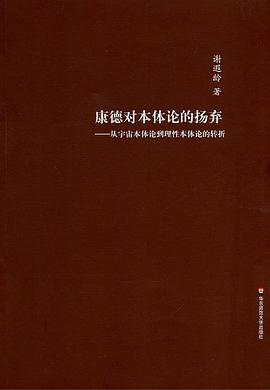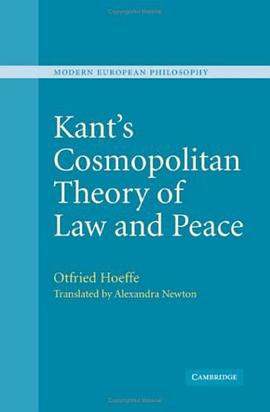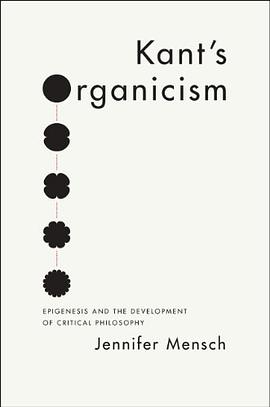1 INTRODUCTION. 1.1 I. Of the difference between Pure and Empirical Knowledge 1.2 II. The Human Intellect, even in an Unphilosophical State, is in Possession of Certain Cognitions "a priori". 1.3 III. Philosophy stands in need of a Science which shall Determine the Possibility, Principles, and Extent of Human Knowledge "a priori" 1.4 IV. Of the Difference Between Analytical and Synthetical Judge-ments 1.5 V. In all Theoretical Sciences of Reason, Synthetical Judgements "a priori" are contained as Principles 1.6 VI. The Universal Problem of Pure Reason 1.7 VII. Idea and Division of a Particular Science, under the Name of a Critique of Pure Reason2 TRANSCENDENTAL DOCTRINE OF ELEMENTS. 2.1 FIRST PART. TRANSCENDENTAL AESTHETIC SECTION I. Of Space SECTION II. Of Time 2.2 SECOND PART. TRANSCENDENTAL LOGIC INTRODUCTION. Idea of a Transcendental Logic I. Of Logic in General II. Of Transcendental Logic III. Of the Division of General Logic into Analytic and Dialectic IV. Of the Division of Transcendental Logic into Transcendental Analytic and Dialectic. TRANSCENDENTAL LOGIC. FIRST DIVISION BOOK I CHAPTER I. Of the Transcendental Clue to the Discovery of all Pure Conceptions of the Understanding. CHAPTER II Of the Deduction of the Pure Conceptions of the Understanding BOOK II. Analytic of Principles CHAPTER I. Of the Schematism at of the Pure Conceptions of the Understanding CHAPTER II. System of all Principles of the Pure Understanding CHAPTER III. Of the Ground of the Division of all Objects into Phenomena and Noumena TRANSCENDENTAL LOGIC. SECOND DIVISION TRANSCENDENTAL DIALECTIC. INTRODUCTION I. Of Transcendental Illusory Appearance. II. Of Pure Reason as the Seat of Transcendental Illusory Appearance BOOK I. OF THE CONCEPTIONS OF PURE REASON SECTION I Of Ideas in General SECTION II. Of Transcendental Ideas SECTION III. System of Transcendental Ideas. BOOK II. OF THE DIALECTICAL PROCEDURE OF PURE REASON CHAPTER I. Of the Paralogisms of Pure Reason CHAPTER II. The Antinomy of Pure Reason. CHAPTER III. The Ideal of Pure Reason.3 TRANSCENDENTAL DOCTRINE OF METHOD. 3.1 CHAPTER I. The Discipline of Pure Reason 3.1.1 SECTION I. The Discipline of Pure Reason in the Sphere of Dogmatism 3.1.2 SECTION II. The Discipline of Pure Reason in Polemics 3.1.3 SECTION III. The Discipline of Pure Reason in Hypothesis 3.1.4 SECTION IV. The Discipline of Pure Reason in Relation to Proofs 3.2 CHAPTER II. The Canon of Pure Reason 3.2.1 SECTION I. Of the Ultimate End of the Pure Use of Reason 3.2.2 SECTION II. Of the Ideal of the Summum Bonum as a Determining Ground of the Ultimate End of Pure Reason 3.2.3 SECTION III. Of Opinion, Knowledge, and Belief 3.3 CHAPTER III. The Architectonic of Pure Reason 3.4 CHAPTER IV. The History of Pure Reason
· · · · · · (
收起)
